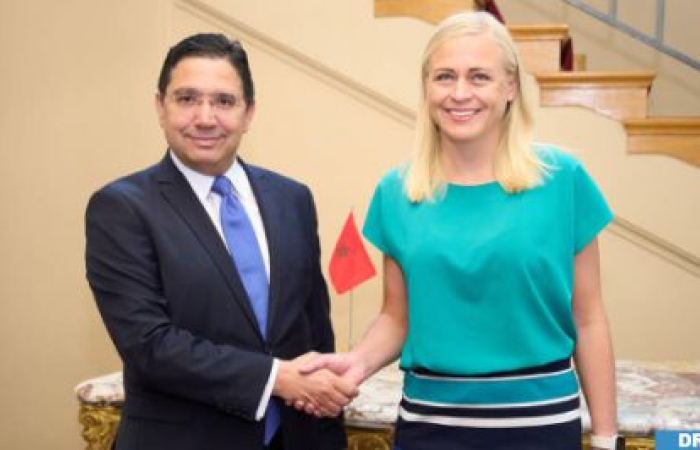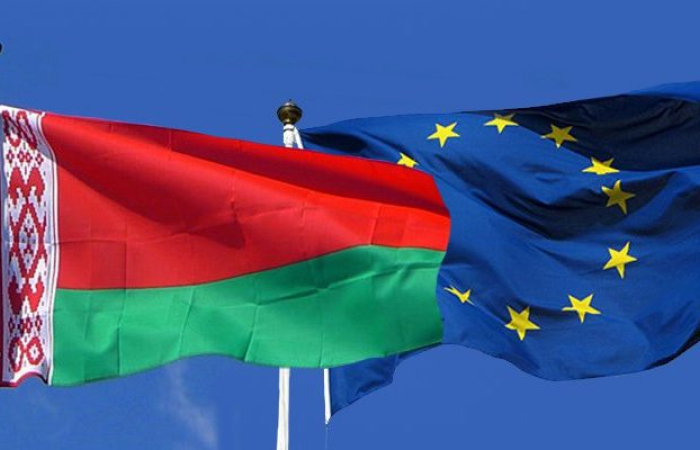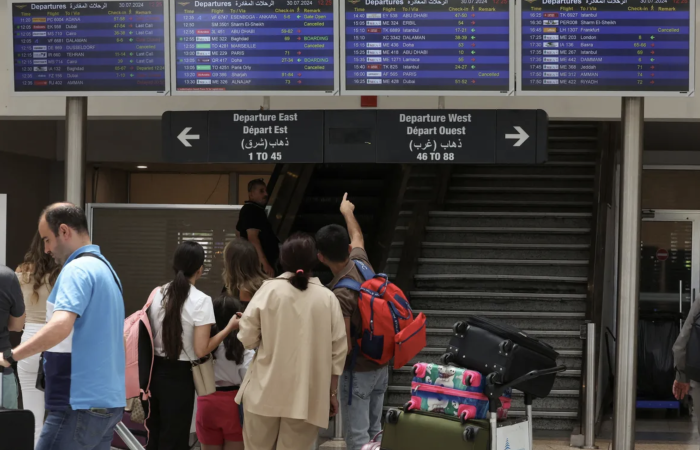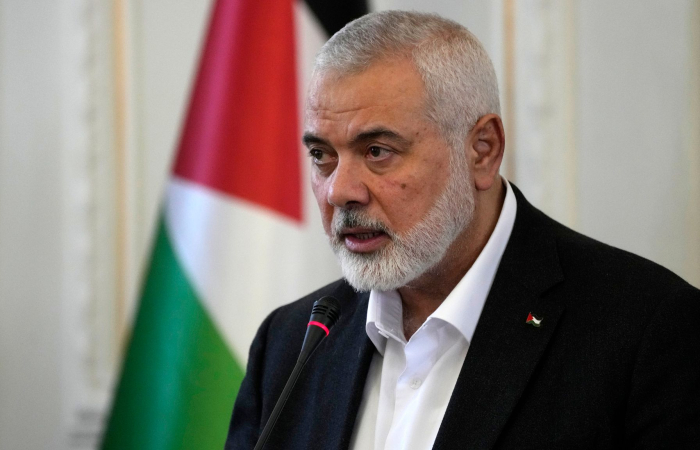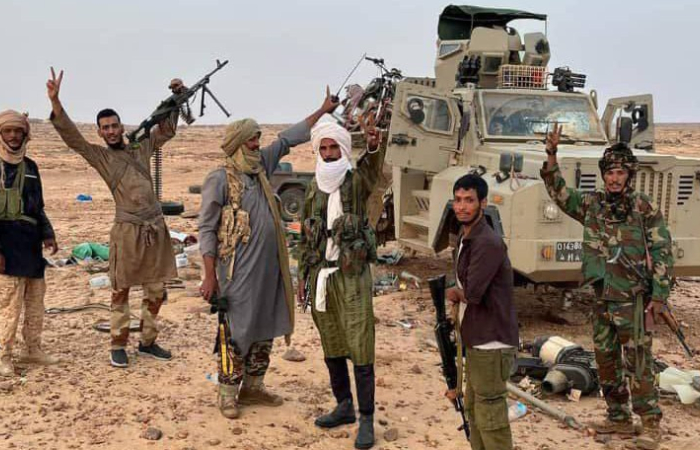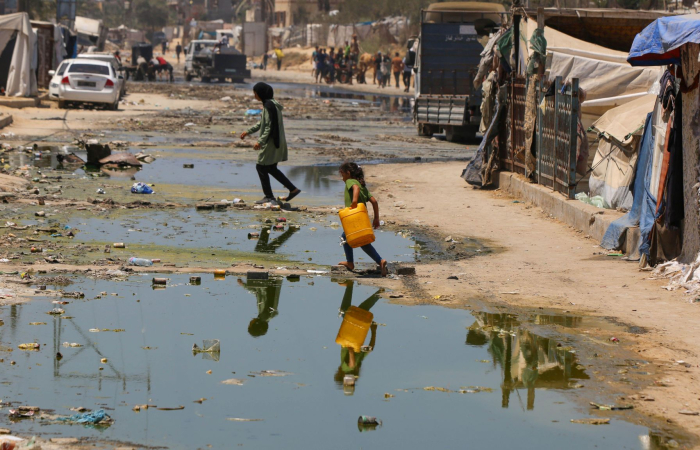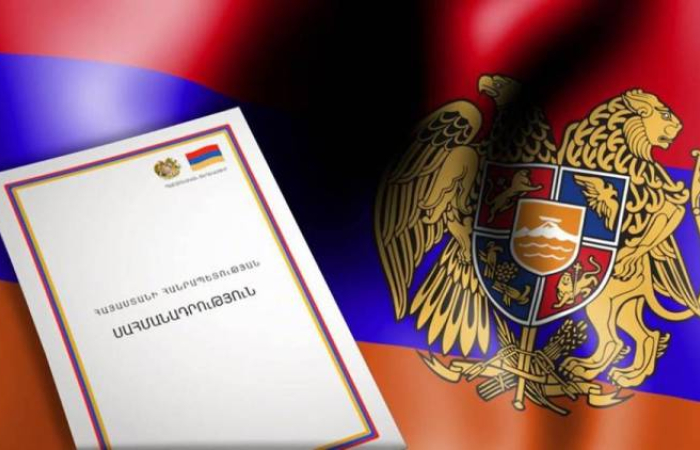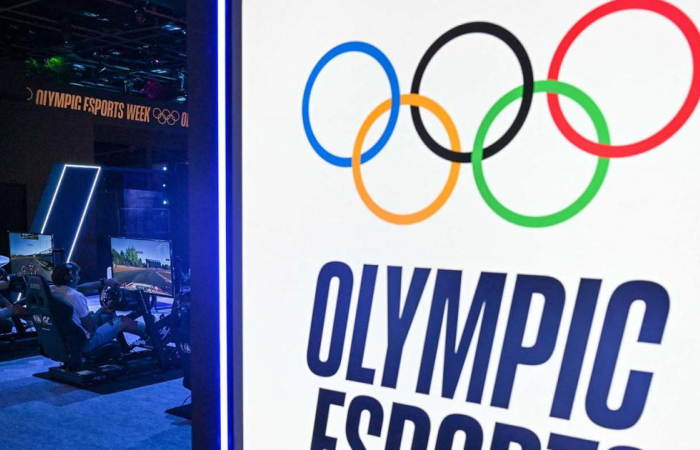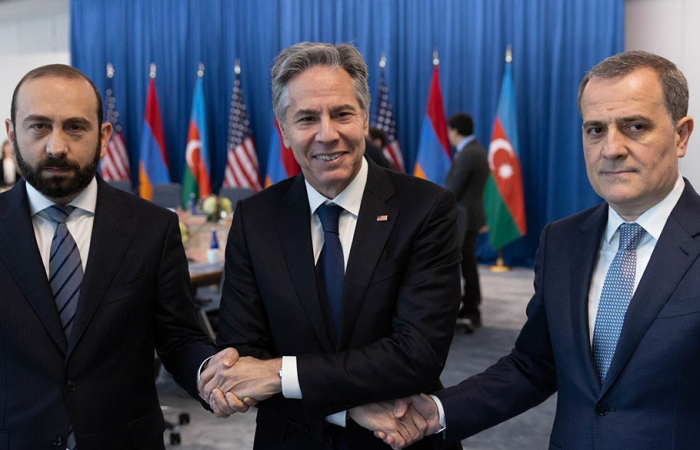Trending
Finland and Morocco seek economic cooperation in water, green hydrogen and 5G
7 August 2024
Finland and Morocco discussed cooperation in water, renewable energy, green hydrogen, cybersecurity and telecommunications in the Finnish capital Helsinki on Tuesday (6 August).
Finnish Foreign Minister Elina Valtonen received her Moroccan counterpart Nasser Bourita, who is on a working visit to Finland. Both countries see opportunities in digitalisation, especially in cybersecurity and 5G networks.



